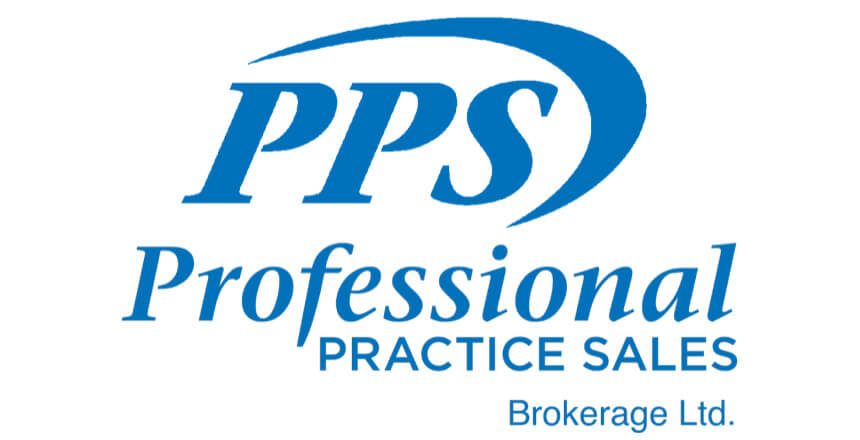
Dentistry is a very challenging profession. Not only do you have to be an excellent clinician, you have to be a part-time psychologist, a savvy marketer, be knowledgeable in human resources, and understand how to run a business. For this reason, many dentists consider a partnership as a way to spread the multitude of tasks around. On the surface this makes sense, but for many reasons, it can be very tricky. I am not against partnerships, but I feel some people enter them without a true understanding of what it means to be a “partner” with someone or with a corporation.
Recently, we have been engaged to assist a few different partnerships that are being tested and I wanted to share their stories.
Two successful dentists who have known each other for many years and who have a deep respect for one another from both a clinical and business perspective, came across an opportunity to establish a new dental office in a growing area of a big city. One of the dentists has an “in” with the developer and wanted to bring the other in to share the time, effort and expense required to establish a new practice. The developer described the land surrounding the small strip mall as prime for high density residential condo development. Two towers had been started and 4 to 6 more were slated to be built. By the time the project would be completed, there would be 16,000 condo units and over 32,000 potential patients requiring care. One big box retailer had already committed and others have signed on. The developer said they were in final negotiations with McDonalds, Tim Hortons, and Starbucks, etc. who all want to be in this burgeoning area. It was intoxicating. What a golden opportunity for two dentists that already know how to run a successful practice to build a beautiful office and steer its growth.
So, the two dentists took the plunge. The minimum size the developer would let them take was 2,000 square feet, so they signed a lease for a beautiful end unit with lots of natural light and good exposure to the new buildings that were to be built. They built and fully equipped a beautiful 6 operatory facility which required heavy financing and capital injections from both partners.
Fast forward a few years, the first two condos that were started when they signed the lease are still not finished. The other four have not even broken ground yet. Starbucks is open and McDonalds and Tim Hortons are under construction. Needless to say, the rapid growth they expected has not materialized. Our firm was consulted as this has put a strain on the partnership, and both partners have had supplement the practice to cover the deficit since it will take a few more years until this practice turns the corner. Currently, they only have two options: hold on until the area is more developed and the practice grows significantly, or sell now and take a significant loss on their initial capital investment. Neither partner would have contemplated doing this deal alone, but the combination gave them the confidence to take the risk, which in hindsight, was significant.
In another situation, 3 years ago, we were asked to value the practice of a dentist who graduated over 35 years ago because the new associate expressed interest in becoming a partner. This piqued the interest of the principal because he is interested in pursuing other opportunities and may retire in 3-5 years. It was a marvelous practice, in a great facility, with thousands of patients. We are doing this We prepared the valuation and I met with the associate and the spouse, to explain our findings. The practice was worth well over $3,000,000 and was daunting for them to digest. I explained the market and the fact that this kind of opportunity does not come along often. If they were interested in making a long-term commitment to being a practice owner, this was a wonderful, low risk way to do it. As a partner, the principal would stay on, act as a mentor and continue to be a significant contributor to the top and bottom lines. The associate and spouse consulted with some other experts and decided it was, indeed, a good opportunity. They, then, purchased 50% of the practice to form an equal partnership with the principal. The contract out-lined that they would each get paid the same percentage of their gross billings and then, share the net on a pro rata basis to their ownership. The plan was to try and build the new partners revenue and have the principal slow down. Recently, we were asked to update the valuation, after 3 years have passed. I assumed they just wanted to see how the partnership was doing. We started looking at the numbers and everything is fine. Revenue is up significantly, the patient base has grown, and the bottom line is better. The practice value has increased by over $1,000,000.
At the meeting I convened to present my findings, I learned that while the practice has flourished, the partnership has not. The newer partner has been somewhat overwhelmed with the debt involved, the level of commitment it takes to run a big practice and hasn’t really been able to grow his/her individual revenue much. The principal has cut down a day a week, and this day has been picked up by a new associate, but even still the principal produces significantly more that his partner. This has led to an inequity in the bottom line revenue sharing, which was expected at the beginning, but was supposed even out over time. It is also apparent that the new partner is not prepared to consider purchasing the other half of the practice so the principal is now left in an awkward situation. The options now are that they will either sell the whole practice or the original owner may decide to buy back the other half of the practice at a time in his life when he wanted to pursue other things.
Fortunately, there is no animosity between the partners because they respect each other and have maintained open communication.
There are many successful partnerships in dentistry, but they require commitment, hard work and effort on both parts. As I write this, I have a call this afternoon with a client who I sold a practice to a few years ago. His email indicated that his new associate has asked about buying in. You can imagine how that call will go…

